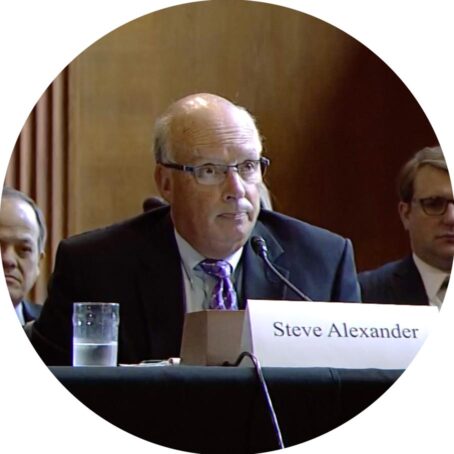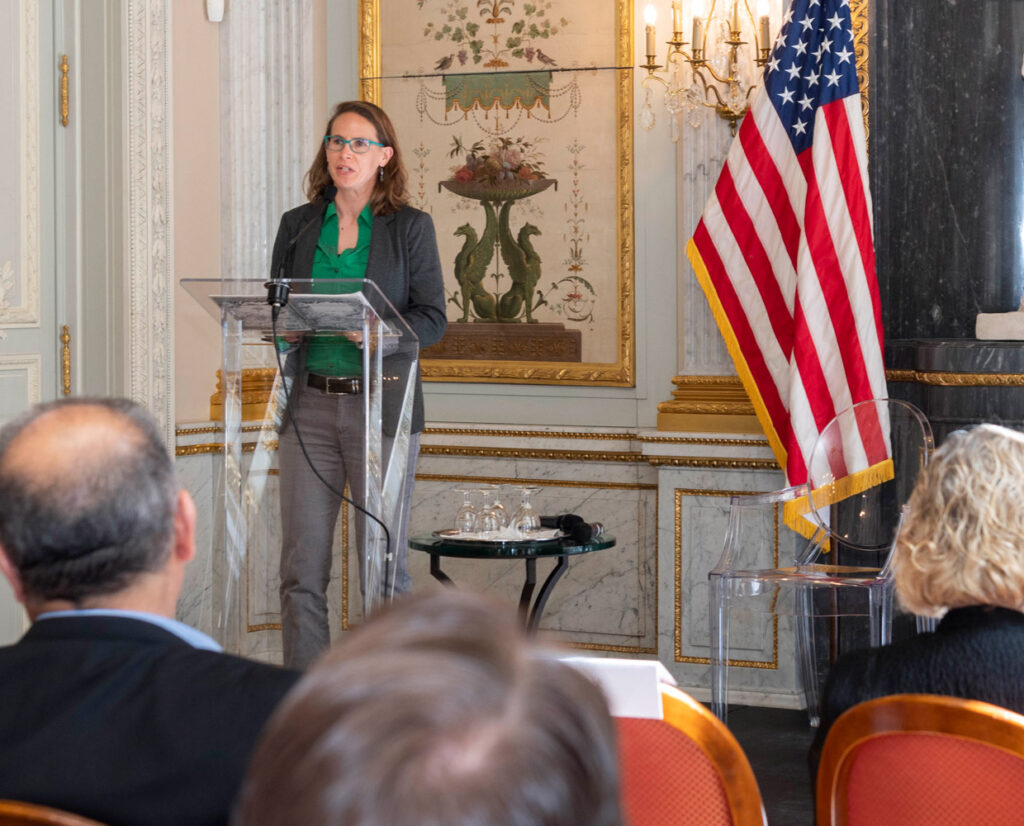Public Policy Is Needed to Improve Plastics Recycling
Smart public policy that increases plastics recycling will reduce plastic pollution and carbon emissions while strengthening domestic supply chains and U.S. manufacturing.

APR Policy Priorities
Smart, robust public policies are essential to facilitate the transition to a circular economy for plastics. Plastics recycling is a complex interconnected system; there is no “silver bullet” solution. We need comprehensive strategies that align and maximize every step of the recycling system from product design to collection to processing to remanufacturing.
While recycling has numerous environmental benefits, it is first and foremost a business. Public policies can create the economic conditions for the robust collection of recyclable plastics and effective remanufacturing into new products so that recycled plastics, not virgin plastics, become the backbone of our circular economy.

Priority Policies to Improve Plastics Recycling
Design
Harmonized design standards can help reduce consumer confusion and increase participation in recycling, streamline processing, and deliver higher quality recycled plastics.
Collection
Extended Producer Responsibility (EPR) laws provide the needed funding and coordination to scale local recycling programs. Bottle deposit programs incentivize recycling and reduce litter for beverage containers.
Remanufacturing
Minimum recycled content standards, tax credits, and other economic tools create stronger end markets and unlock investment and innovation so recycled plastics replaces virgin plastics as the primary feedstock for new plastic products.
How APR Engages in Policy?
APR engages in policy development, advocacy, and implementation at the US state and federal levels, in Canada, and through the United Nations. We ensure recyclers have a seat at the table and that sound policy is based on the operations and real-world conditions that will enable the plastics recycling industry to thrive.
APR provides members and partners with numerous policy resources to advocate for effective policy solutions, communicate with state and federal legislators, understand the impacts of new laws to your business, and educate your suppliers and buyers on new regulations. In addition, members can access regular updates through various exclusive resources to stay current and navigate evolving regulatory requirements. Learn more about how we can help your team.